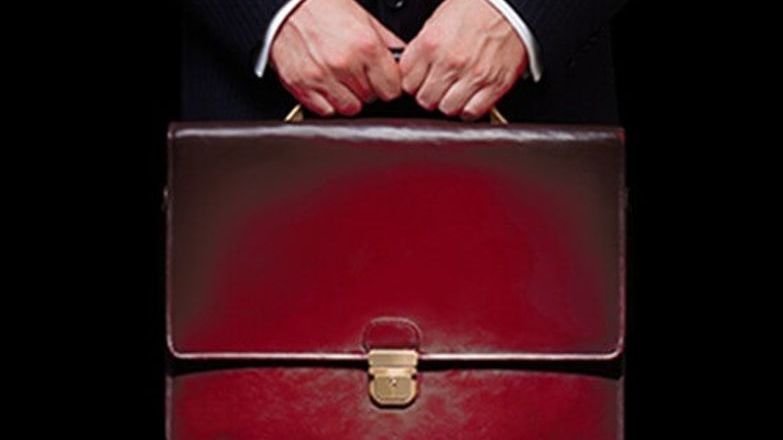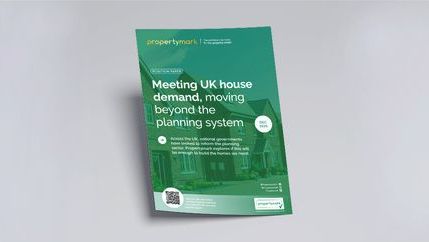
Property taxation
Holiday lets
The Chancellor will scrap tax breaks which make it more profitable for second homeowners to let out their properties to holidaymakers rather than to long-term tenants to rent and will abolish the furnished holiday lettings regime.
Propertymark has long called for parity between the short-term and residential lettings. Not only would this ensure short-term lets meet the same standards as other rented properties, but it could also help to address supply issues within the PRS.
Short-term lets provide flexibility for property owners and give tourists more accommodation options, but this should not prevent local people from being able to buy or rent homes in their area.
Capital Gains Tax
The higher rate of property capital gains tax is to be reduced from 28% to 24%. The move is predicted to increase revenues as there will be more transactions.
Stamp duty
Relief for people buying more than one dwelling in a single transaction will be abolished. The regime was designed to encourage investment in PRS but the Chancellor states that it has been widely abused.
More Levelling Up funds for new homes
Hunt said he is committed to providing more opportunities across the generations, including building more houses for young people, stating that the UK Government is on track to deliver over one million homes in this parliament.
In addition to £188m already allocated for projects in Sheffield, Blackpool, and Liverpool, £242m has been announced for development in Barking Riverside and Canary Wharf, areas hit by businesses reducing the amount of office space they need, which will see nearly 8,000 houses being built and transform Canary Wharf into a hub for life science companies.
Personal tax and benefits
From 6 April 2024, National Insurance contributions will be cut by 2p, which could save the average worker around £450 a year, or £350 for someone self-employed. This is on top of the 2p reduction that was announced in the 2023 Autumn Statement.
The Household Support Fund, which was due to cease at the end of March will be extended for another six months at the current levels.
The Child Benefit threshold will go up from £50,000 to £60,000, and the top of the taper at which it is withdrawn will go up to £80,000. The Chancellor stated he will consult on a new rule to make the benefit apply to collective household income, rather than on an individual basis, which he aims to introduce by April 2026.
Other taxation measures to boost the economy
The VAT registration threshold has been raised from 85k to 90k. This is an increase in the threshold at which small businesses and self-employed people must register for VAT.
Non-dom tax breaks have also been abolished from April 2025. New arrivals in the UK won't be required to pay any tax on foreign income but after that, if they still live in the UK, they'll pay the same tax as other UK residents.







